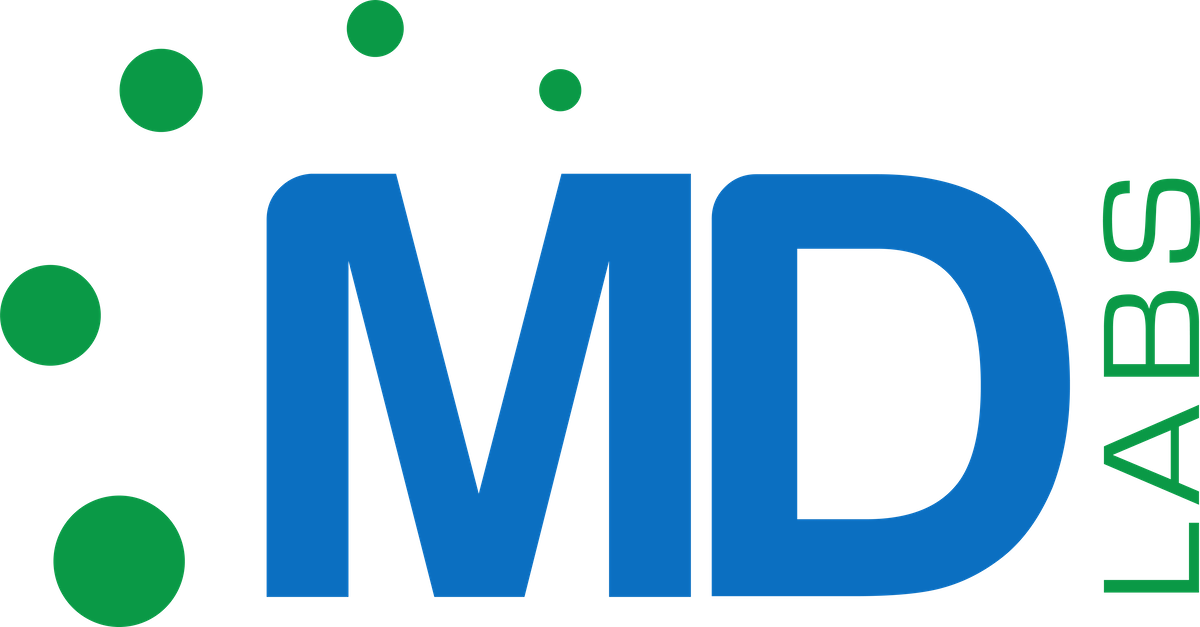Exploring Our Toxicology Menu: A Deep Dive into Drug-to-Drug Interactions
At MD Labs, we prioritize patient safety and optimal health outcomes. A key aspect of this is our advanced toxicology testing services, designed to understand the intricate dynamics of drug-to-drug interactions. This post will dive deep into this critical aspect of pharmacology, explaining what these interactions are, how they can impact patient health, and how our toxicology services help ensure safety and efficacy in drug treatments.
Understanding Drug-to-Drug Interactions
Drug-to-drug interactions (DDIs) occur when two or more drugs taken together affect each other's function or activity. This can change the way one or both of the drugs work, and it can also lead to unexpected side effects (1).
DDIs can either enhance or inhibit the effects of the drugs involved. An enhancing interaction may lead to an increase in drug efficacy but may also cause an overdose. On the other hand, inhibitory interactions may decrease a drug's therapeutic effect, leading to treatment failure (2).
Risks and Consequences of DDIs
The risk of adverse DDIs increases with the number of drugs a patient is taking, posing a significant concern for patients with multiple health conditions who need various medications. This can lead to severe health consequences, including increased hospital stays, greater healthcare costs, and elevated risks of morbidity and mortality (3).
How Toxicology Services Help
Advanced toxicology services are crucial in identifying and predicting potential DDIs. At MD Labs, we employ cutting-edge technologies and methodologies to provide comprehensive toxicology reports. These reports help healthcare providers to make informed decisions about patient medication regimens, ensuring the safety and efficacy of drug treatments.
Our toxicology services can identify a wide range of substances, including prescription medications, over-the-counter drugs, and illicit substances. With this detailed information, providers can adjust dosages, switch to different medications, or space the timing of medications to prevent adverse DDIs (4).
Moving Forward: The Role of Personalized Medicine
The future of minimizing DDIs lies in personalized medicine. By understanding a patient's unique genetic makeup, healthcare providers can predict how different drugs will interact in a patient's body. This approach can help to personalize drug prescriptions, dosages, and schedules, minimizing the risk of adverse DDIs (5).
At MD Labs, we are committed to promoting safer, more effective drug treatments through our toxicology services. By illuminating the complex landscape of DDIs, we aim to support healthcare providers in delivering the best patient care possible.
References:
Witticke, D., Seidling, H. M., & Haefeli, W. E. (2012). Evidence-based prevention of drug-related risks facilitated by a software tool for drug-drug interactions. British Journal of Clinical Pharmacology, 73(6), 950-960.
Tannenbaum, C., & Sheehan, N. L. (2014). Understanding and preventing drug-drug and drug-gene interactions. Expert Review of Clinical Pharmacology, 7(4), 533-544.
Juurlink, D. N., Mamdani, M., Kopp, A., Laupacis, A., & Redelmeier, D. A. (2003). Drug-drug interactions among elderly patients hospitalized for drug toxicity. Jama, 289(13), 1652-1658.
Maurer, H. H. (2005). Advances in analytical toxicology: the current role of liquid chromatography and mass spectrometry. Analytical and Bioanalytical Chemistry, 381(1), 110-118.
Meyer, U. A. (2004). Pharmacogenetics and adverse drug reactions. The Lancet, 364(9444), 1667-1671.
